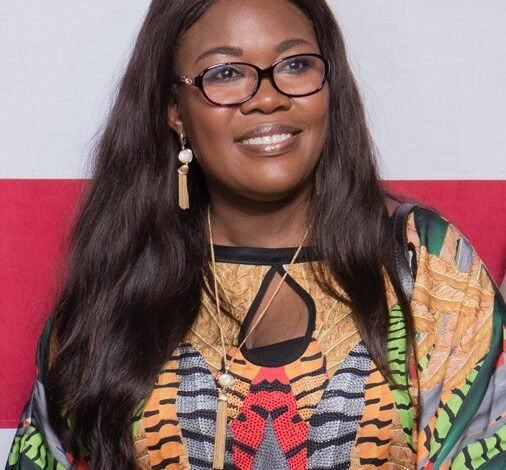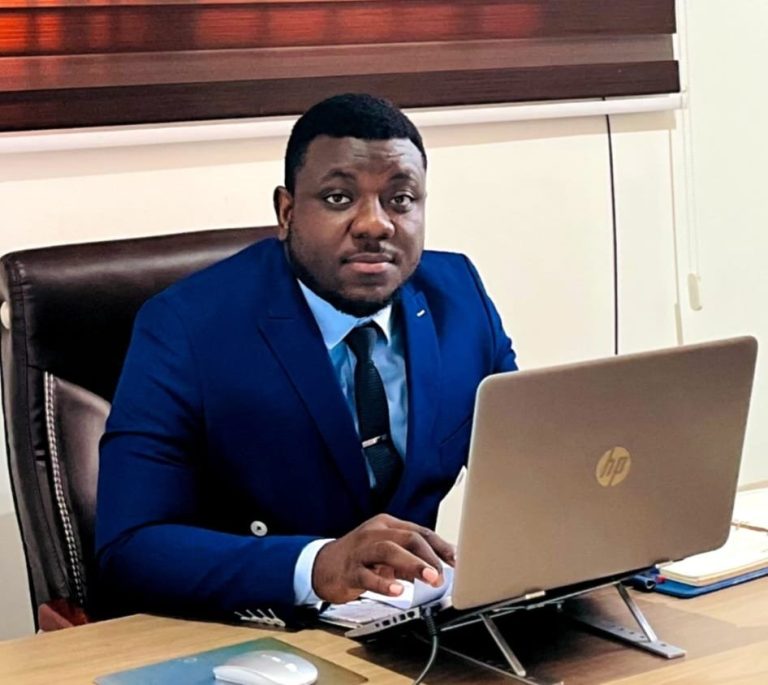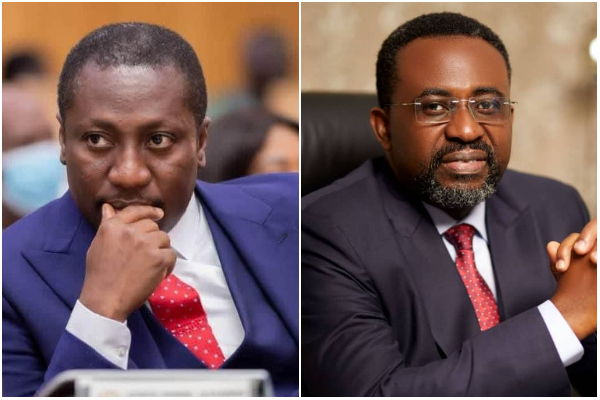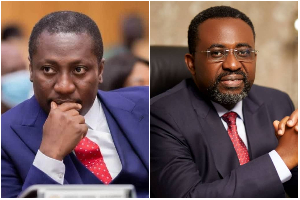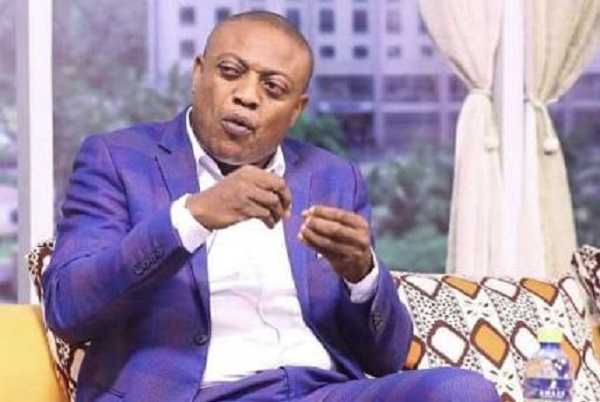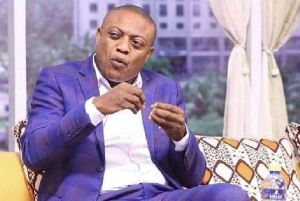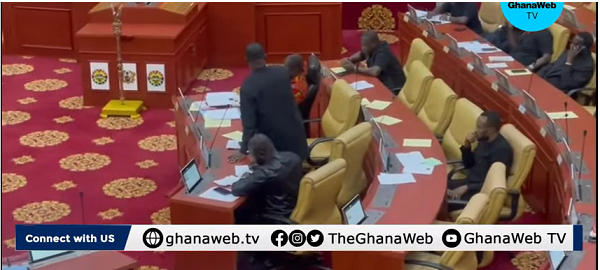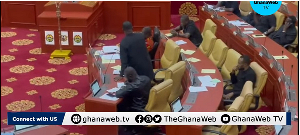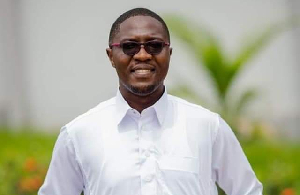In February, 2020, the Parliament of Ghana ratified the decision of the government to spend nearly $900 million on a “multipurpose” dam in Pwalugu, a small northeastern town just 20 km south of the Border with Burkina Faso, Ghana’s northern neighbor.
~$360 million of this amount was allocated to the 60 MW hydropower plant itself; $474 million to the network of canals and weirs needed to create an irrigation system for farmers; and $55 million to a 50MW solar plant.
Separate contracts had been signed for these three components.
For example, in May 2019, the government entered into an agreement with PowerChina International, a Chinese state-owned EPC contractor, for the $474 million irrigation system project component.
Following this contract between the Ministry of Agriculture and PowerChina International, the Ministry of Finance insisted on entering into the subsequent contracts covering the two power plants, which it did in December of the same year.
The joint project costs as submitted to the Ghanaian parliament are presented below.
However, due to objections by some parliamentarians, the tax portions were removed from the final tally bringing the cost of the project down from about $965 million to ~$900 million. The Ministry of Finance pledged to fund the entire project through the budget and committed an immediate amount of ~$91 million, nearly 85% of which was to come from the proceeds of a recent Eurobond issuance.
The following disbursement schedule was presented to Parliament.
As we now know, the Finance Ministry, with the obvious acquiescence of the Presidency, decided not to allocate the Eurobond money to the project. Just about $12 million was paid from the government budget to the contractor, and apart from a celebrated worker camp (see VRA PR materials below) and a few rough access roads, nothing much came out of the money spent.
In the lead up to the 2024 Ghanaian general elections, the issue of corruption took center-stage. The then Opposition NDC accused the ruling NPP government of rampant looting. The Pwalugu Dam “scandal” became emblematic of this campaign to compel NPP officials to account for their “loot” should the NDC win power.
Since his decisive victory in the December 2024 polls, the NDC candidate, now President of Ghana, has fulfilled his promise to initiate a program called Operation Recover All Loot (ORAL) to retrieve looted funds from former government functionaries. Not surprisingly, members of his party has called on him to immediately act on the Pwalugu Dam matter. The interim head of ORAL has cited the Pwalugu Dam scandal in some of his various engagements with the media.
The Limits of ORAL
Whilst the ORAL initiative is widely popular with the vast majority of objective voters, and the issues of waste and graft are of huge policy significance, some activists like myself from Ghana’s policy think tanks believe that the current mainstream framing can be problematic.
I have tried to explain in other essays that the problems of graft and waste in Ghana rarely manifest in the form of embezzlement seen in countries like Nigeria. They are often wound up within the very fabric of a dysfunctional policy environment.
Thus, whilst the effect is often the same, billions of dollars of wasted funds, the solutions must involve elaborate reforms rather than the quick-and-easy raid-and-retrieve impression created by ORAL’s devoted followers.
When I read that the new Agric Minister has announced a termination of the Pwalugu Dam contract, I felt that this is another opportune moment to double down on advocacy to recruit more citizens to my point of view.
Before I delve into why I believe that the Minister’s call is highly incomplete, misdirected, and therefore misconceived, forgive me as I take a quick detour to explain my overall thesis about the problems of waste and graft in Ghana, and I daresay Africa. Those in a hurry can skip the following section in its entirety.
On katanomy and the dysfunction of the politics-policy-law continuum in Ghana/Africa
I would like to simplify the process of governance with the simple diagram below.
An easy way to appreciate the point is to consider the flow as a spectrum. The heat of politics cool down into the light of policies which, when distilled, may evolve into strict laws.
I find it irresistible to apply a few insights from Plato’s The Laws. It is a work less sublime than his majestic The Republic but, nevertheless, more practical. I choose Plato only because his views are widely known and relatively straightforward. There are of course several sophisticated Fante and Akuapem scholars of the 19th and early 20th centuries I could have called upon for help, but this piece is much too short for a detailed exposition.
In The Laws, one of Plato’s characters describes the evolution of law in any state as a progression from persuasion to compulsion, and a constant oscillation between the two modes.
By inference, in a serious participatory democracy, governance swings from the chaos of opinions into the growing enlightenment of policy and finally settles upon laws and other legal instruments (including contracts) which must be enforced until reversed by the backward swing of the process.
My view is that in many African countries the spectrum has been totally fractured and shattered. Politics live on its own plane and has little to no interaction with policy. Laws are often on paper but are haphazardly enforced and rarely express the enlightened march of policy. Hegel’s owl is stuck on a tree, it does not fly.
I call this phenomenon by a new word, katanomy. It is a term I have coined from two Greek roots: “kata” (fragmented) and “nomos” (governance). Those who have mastered it, the katanomists, rise to the top of the polity often to the amazement and confusion of their fellow citizens more given to deliberation and analysis.
The fact that power is acquired through a politics with almost no real linkage to policies often means that only the aggregate effects of policies on the broad conditions of life matter. There are no real stakes attached to the individual policies themselves.
Moreover, if possible, political theatre is used to distract from any close scrutiny of policies. In Ghana’s specific case, the policies are often simply procurement vessels for amassing Public Relations (PR) equity, money through crony kickbacks, and patronage networks. I have described a specific variant of the whole phenomenon as “state enchantment“.
Because the political process is all there is and the policy community is highly weak and fragmented, policy monitoring and evaluation is a useless endeavour. No government official has much to fear from the poor execution of a specific policy or the lax enforcement of a particular law or contract. Only the combined effects matter but only to the extent that political theatre can or cannot be used to show a marginal overall improvement or decline in the general standard of life in comparison with one’s electoral opponents.
My honest view is that in parts of Asia and the “West”, individual policies are chained more tightly to vested political interests and to the political consciousness of the masses, raising the stakes in political terms for the effectiveness of policy execution.
I apologise to those who only here for ORAL and Pwalugu for how long this has taken. I also apologise to those genuinely interested in the katanomy idea that I cannot develop it further here. I intend to pick up the subject again in a future piece. For now, back to Pwalugu.
Some poorly known facts about the Pwalugu Dam
Plans to build various small hydro dams across Ghana’s many rivers have long been part of the policy record of Ghana, all the way back to the early colonial period. Fascinatingly, even though Pwalugu is consuming all the attention, two of these dams – Hemang and Juale – are in an identical situation, with hundreds of millions of dollars at stake. The fact that virtually all readers are unlikely to have heard of them is mere testament to my point about policy marginalisation.
The first serious discussions about building a dam at Pwalugu actually took place in the 1960s, most notably the Japanese Nippon Koei’s studies in 1967. The strategy was revived in the 1990s, starting with a study by France’s Coyne et Bellier in 1992, and continued to feature in development plan after development plan throughout the 4th Republic.
Two hopes have always driven this interest: a) weaning up to 25,000 hectares of land in the North from rain-fed agriculture and thereby reducing the import of cereals like rice; and b) reducing the spate of flooding that periodically destroys the livelihoods of tens of thousands of Ghanaians living in the White Volta Basin.
Despite the obvious importance of these goals, it was not until 2013 that the government moved seriously towards implementation. As I have explained, policy rarely ties into politics in Ghana because specific policy failures do not get politicised enough to serve as a strong feedback loop against poor executive/ministerial performance.
The only reason Ghana moved forward at all in 2013 was because the government managed to borrow funds from the likes of the French development agency, AFD, and the World Bank to conduct expensive feasibility studies.
Curiously, no one has raised any questions about why, in the last few decades, more than $60 million have been spent on various planning and feasibility studies for the dam with nothing much on the ground to show for it. That should imply that the only reason why the $11.9 million paid to the Pwalugu Dam contractor has become an issue is because politicians decided to score a few political points devoid of the policy context or ramifications.
The second poorly understood fact is that the political claims made for the project are largely suspect.
Someone seems to have belatedly recognised that the dam is positioned in the Mamprusi area, where the former ruling party’s candidate in the 2024 elections, Ghana’s ex-Vice President (Veep), comes from. Obviously, its progress would have made it hugely significant in electoral terms. So, the benefits of the project were catapulted into the stratosphere in “political talk” and project coordination was moved to the Office of the Veep.
It was then declared that the project would immediately halt all perennial flooding, provide water to 30,000 households in the Walewale town, a major Mamprusi ethno-political base, and bring power to most homes.
None of these claims were strictly true.
I. There were no water treatment plants or pumping stations in the design of the project;
II. the power generated would have been far more expensive than the rate at which NEDCO, the electricity distributor for Northern Ghana, sells power; and
III. whilst some flooding could be mitigated, the dam is far from a panacea to that problem.
The flooding point merits a few more words. A careful review of the environmental impact studies for the dam should show that the bulk of the flood mitigation planning related to flooding that could be caused by the dam itself and somewhat less with abating natural flooding trends in the White Volta Basin.
As researchers have shown in the case of Akosombo and the lower Volta Basin, building a dam can actually worsen the flood picture for an area. Tractebel, the environmental engineering consultants for Pwalugu Dam, was thus arguably more focused on designing models for preventing this from happening.
At any rate, a major factor in the flooding situation is the role of the Bagre Dam in Burkina Faso.
Occasional spillage from this dam overwhelms even the mighty Akosombo dam, despite it being located many miles downstream.
If Akosombo, with its 150 billion cubic meters of storage, struggle to contain Bagre spillages, it is hard to understand how Pwalugu, with its 2.6 billion cubic meters of equivalent storage, can somehow absorb all the runoff from Bagre plus that of the various other tributary sources of water-flow across a basin spanning the breadth of Northern Ghana.
Below, I have posted a few tables and graphs to add colour to the main point: Pwalugu would have made a contribution to containing flooding but it cannot on its own substantially curb the threat. Multiple smaller interventions across the basin may well yield a greater overall benefit.
The supremacy, yet marginalisation, of Policy
The above discussion raises the core policy issues casting very serious doubt on the prospect of Pwalugu, despite the nearly $100 million that has been spent chasing the dream over the last couple of decades.
Three key policy trade-offs define the challenge: creating a dam high and wide enough to generate enough power, building an irrigation network dense enough to boost food security without inundating too many existing communities, and designing both systems to mitigate as much flooding as possible.
Only a highly complex process that in policy analysis we call multi-criteria optimisation would yield the right answers in an inquiry such as the above. Yet, that entire process was outsourced to foreign consultants with minor inputs from VRA engineers and Water Resource Commission experts.
Ghanaian politicians and their assorted collaborators contributed little to resolving these trade-offs and conceptual tensions. Once again, policy and politics are like oil and water in Ghana, and never the twain shall meet.
The politics around harvesting votes in Mamprusiland was completely severed from any of the policy choices at stake despite the massive implications for citizens whichever side the chips fell on.
In the end, the consultants presented a chart of project options in 2014. This was not the result of any weighty political compromises but the pure outcome of their further analysis, undertaken at additional cost to Ghana. They had settled on a choice that they believed optimised the total benefits and mitigated the most risks associated with the dam. No doubt they discussed it with officials at the Ministry and their political bosses but missing any of the ingredients of a national policy debate, stakes were low.
The World Bank took one look at the resultant cost of the project in 2017 and washed its hands off the fundraising effort. The African Development Bank also demurred. Still, none of this became politicised. Politicians were thus under no serious pressure to think creatively and conceive an alternative concept at a low enough cost able to actually attract funding.
The reader can conceive another world in which policy options, preferences, and design criteria are linked to energetic political vested interests in Ghana.
A Ghana where GUTA obsesses over the minutiae of tax waiver policies. A world where small-time/cottage industry operators in Mamprusiland prefer the power generation benefits to the irrigation bonanza. Where an association of such manufacturers can team up with civil NGOs to argue vociferously that the solar plant component of the project to be sited in Kurugu miles away from the hydro-dam has no real synergy with the rest of the project. Pointing out that the solar plan has capex costs barely 20% of the hydro-dam’s, they would have insisted on its decoupling as the most sensible approach in order to improve financing prospects.
A Ghana of multiple vested interests buoyed by middle-class solidarity in important policy matters that rise to the level of political consequence and force political parties to react and realign. Tainting citizens with the brush of partisanship would be nonsensically impotent in such a world because it would be the politicians scrambling to align. We would not have citizens scared to death of being associated with empty, slogan-based, welfare clubs masquerading as political parties. Alas, that Ghana does not yet exist.
Why Pwalugu Dam was doomed to fail
The political decision to fund the project using Eurobonds proceeds and the national budget instead of redesigning it to make financial sense is, to cut to the chase, the reason why the project was doomed.
The government’s subsequent decision to bundle it into the Sinohydro package was yet another poorly thought through adaptation that led nowhere as the Chinese have changed their initial approach of funding inefficient projects in Africa in exchange for broader strategic stakes in host societies. It was the last nail in the coffin of abandonment.
Meanwhile, political theatre could continue unabated. The President “cut the sod” for the project to commence, as he usually does.
The Veep declared it the “largest investment ever in Northern Ghana” and everywhere dance troupers and silky-voiced radio announcers held forth on the glorious gospel of Pwalugu.
When by 2022, it became clear to all and sundry that the dam project would not proceed, the Veep resorted to a strange new technique: trying to publicly cajole the World Bank into dishing out funds for the dam despite their having expressed their policy disagreements five years back. After all, in Ghana, policy is hardly a barrier, is it? What is a twisted policy or two among friends, hey?
The way forward according to the new government
The policy proposal of the new government is to cancel the contract due to non-performance, mobilise fresh funding for the project, and re-award the contract. None of the specific policy content will become politicised, of course. No vested interests in Ghana will mobilise to press specific design preferences on policy grounds.
Everything will center on whether the government was able to jail someone for “chopping” (i.e. embezzling) the ~$12 million advanced payment to the contractor or not, with partisans arrayed on both sides in shouting matches consisting primarily of repeating the same talking points but at higher decibel levels.
Consequently, don’t be surprised if no detailed document is presented by the new government to provide a full account of how we got here, what strategies are available to the government, and why a particular course of policy action is preferable. Such transparency only matters when the policy stakes are high, which in Ghana is never the case.
Why the new approach will prolong the mess
Yet, a thorough examination of how and why the Pwalugu Dam policy has failed so far should show that what the new government has outlined has no serious policy content at all. Let’s walk through the steps.
When the previous government decided to use the single-sourcing approach to award the contracts to PowerChina on the basis that they did not see the prospect of saving any money through competitive tendering, and the Parliament rubber-stamped the approach, the tone for the ensuing project management was set and any chance of getting a serious development-finance funder on board was scuttled.
Otherwise, the government’s subsequent total disregard of the contractual terms would not have happened. As the reader may recall, in a katanomic setting, policy distention from political seriousness is followed by lax legal behavior. Even though the government had signed a contract and had it ritually ratified by parliament, it soon became clear that it had no intention of following its terms.
In the contract with PowerChina for the irrigation component, for instance, funds were meant to be released by the government to relevant agencies for purposes of monitoring and evaluation. The stipulation was, naturally, promptly ignored.
A payment progress schedule, such as the one presented to Parliament, was incorporated by contract and accordingly ratified by the parties. Naturally, this too was ignored.
A quick look at the three project contracts shows that the $11.9 million being bandied about was far lower than what the government committed to pay in the first year of construction, about $91.4 million.
More problematically, the government breached the contract by refusing to advance the 15% that it committed to the contractor in exchange for a performance security guarantee reportedly issued by Stanbic Bank.
“Termination” is misdirection
For the government to be in a position to terminate for non-performance, it should have paid at least $135 million in total in mobilisation, a sum higher than the year one commitment. It is entirely unclear who agreed to such a large upfront payment when 10% (~$90 million) is usually the norm in such contexts. Anyway.
What is more, Ghana’s negotiators decided to adopt the FIDIC contract template hook, line, and center meaning that all the performance terms are as per FIDIC project governance terms, which are quite sympathetic to contractors in the kind of position PowerChina is in. No wonder then that the government has not seen it fit to exercise its delay penalty rights under the agreement.
Now, here is the bombshell.
In 2023, PowerChina, the contractor, did give formal notice of its intention to “demobilise” from the site. By that time, it had triggered disbursements of ~$60 million of the advanced payment commitment commensurate with the guarantee issued by Stanbic (which may well have expired on its own terms by now). Of course, as we now know, the government made a single-tranche payment of ~$12 million and then promptly forgot about its legal obligations.
Neither the new Agric Minister nor the previous government is interested in explaining to the public that the contractor is actually demanding an extra $12 million from Ghana for three unpaid payment certificates!
Let that sink in, rather than ORAL retrieving $12 million for Ghanaians, the country is actually on the hook for an additional $12 million. In response to Ghana’s delayed payments, the contractor has dismantled the workers’ camp it built. The ragtag feeder roads it built have also all become unmotorable.
In just the same way that dysfunctional policy design led to Ghana spending nearly $100 million on planning with little progress on the ground, dysfunctional legal behavior has led to ~$24 million of contractual liability without any tangible benefits.
The current Agric Minister’s approach so far does not hint strongly at a new way of thinking and doing things. He is talking about terminating a contract when the provisions for dispute resolution in the existing contract clearly call for the setup of a Dispute Adjudication Board before even proceeding to arbitration.
He is talking about termination whilst refusing to address the messy project history. And, most worryingly, he has put nothing on the table to address the fundamental issue leading to all this waste associated with the Pwalugu Dam: the project’s lack of bankability and the absence of clarity around the massive complementary investments that must be made if the social objectives of food and human security are to be met.
As mentioned in preceding passages, optimising the three criteria of flood prevention, energy generation, and irrigation leads to a highly costly set of computational outcomes that may satisfy engineers but cannot arrive at bankability and social policy coherence.
It leads to power that is much too expensive (a $366 million dam that generates 60 MW of electricity); a 20,000-hectare irrigation complex in an area full of peasant farmers who lack the resources to manage the last-mile costs and engineering of connecting to the irrigation weirs, even if the gravity-based flow model cuts operational costs upstream as per project design; and a flood mitigation apparatus that, even in a benign scenario, reduces water inflow into the Akosombo dam and will do little to stop catastrophic flooding resulting from Bagre spillages.
None of these issues are likely to attract serious attention and creative solutions because in Ghana, policy is rarely politicised enough to matter, and legal contracts are hardly worth the paper they are written on so why bother with preparatory rigour before signing them?
What does all this mean for ORAL
It should be self-evident by now, but if not, let me recap. Yes, there is massive waste in Ghana, some of it no doubt driven by a love for kickbacks that blinds decision-makers to strategic incoherence. But the waste is bound up with the entire apparatus of the policymaking process.
Cutting ongoing waste and preventing previous mistakes from continuing to build up more waste are the biggest tasks confronting the ORAL policy. Transforming ORAL into a policy that can actually save and recover public resources, however, requires of us to more tightly link the politics to the policy foundations, and of course to pay more fidelity to our laws and legal covenants.
The big question is whether such a transformation from the status quo can happen solely for ORAL without broader changes to the governance architecture of Ghana.
And so what?
Fundamental to the process of lowering waste is the need to raise the stakes for politicians in high-resource policy decision-making. For that to happen, a critical mass of citizens must be as energised by policy options and tensions as the masses are about partisan politics in Ghana.
My personal mission is to radicalise enough citizens who can connect policy failures and their consequences with the high stakes of national politics. If you are reading this, let me know if I have succeeded in converting you.
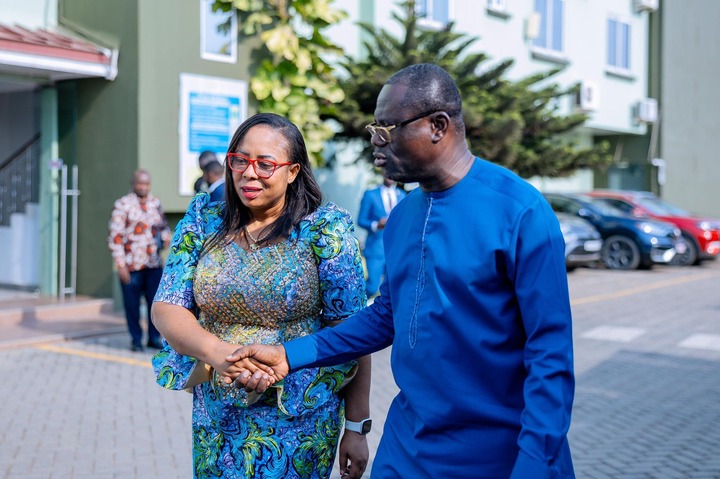
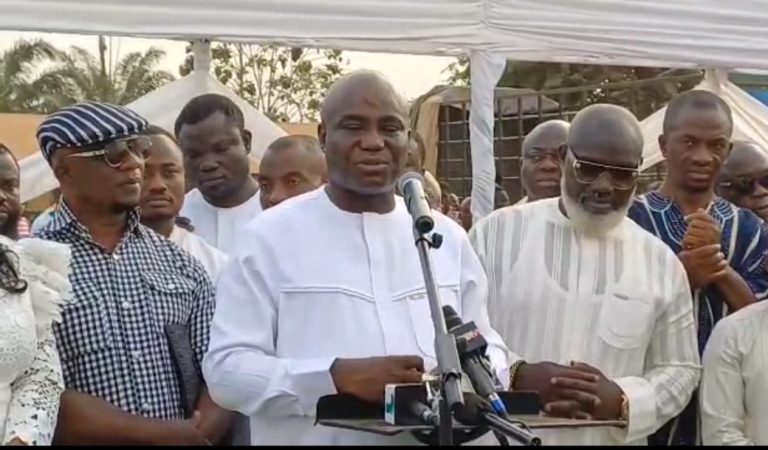
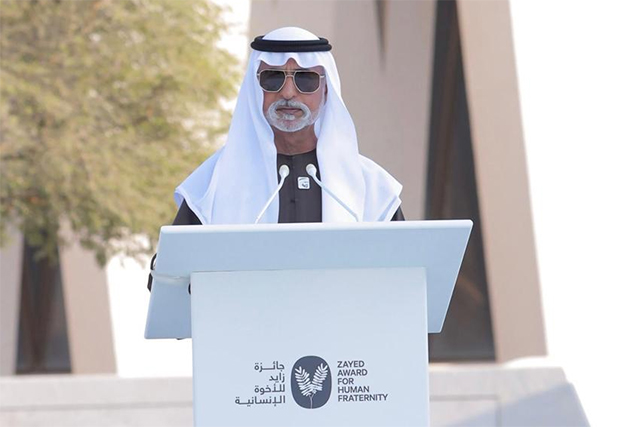

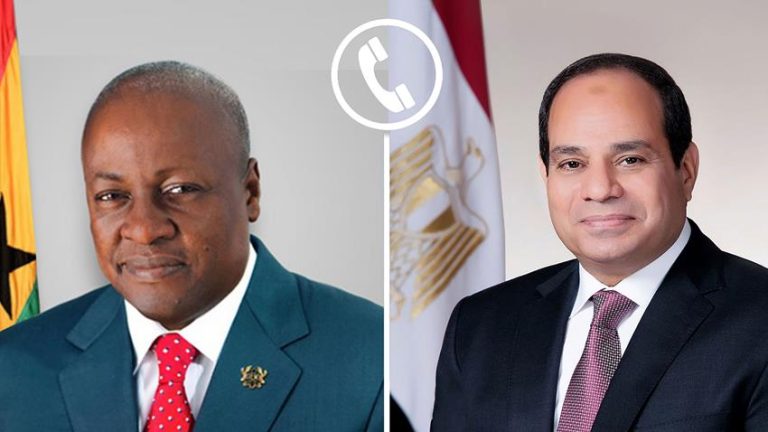
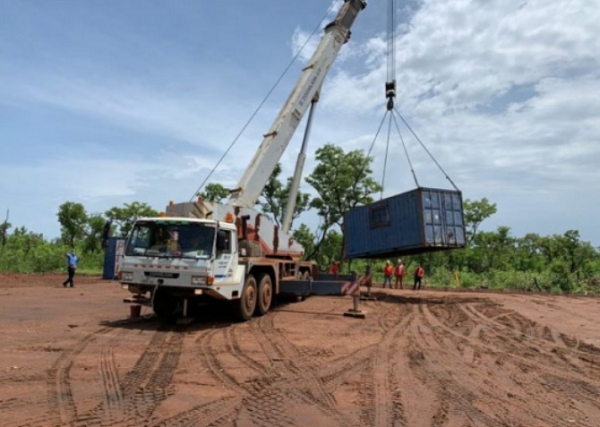


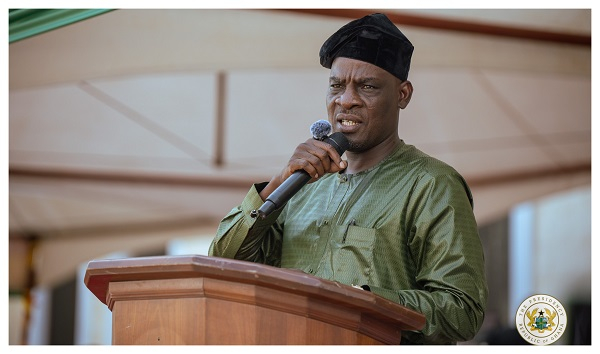
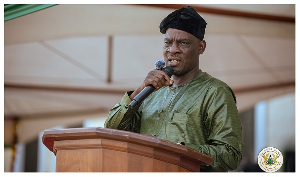
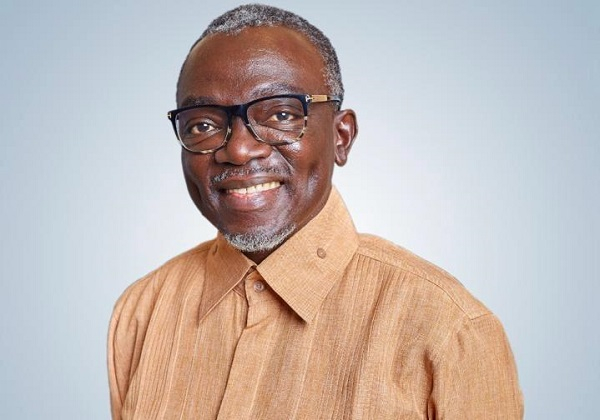
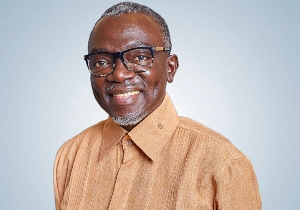

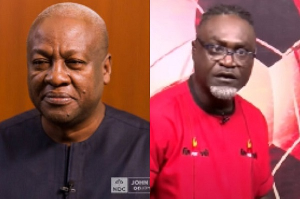

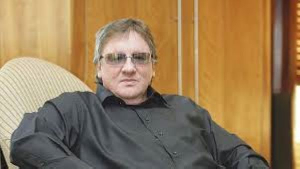

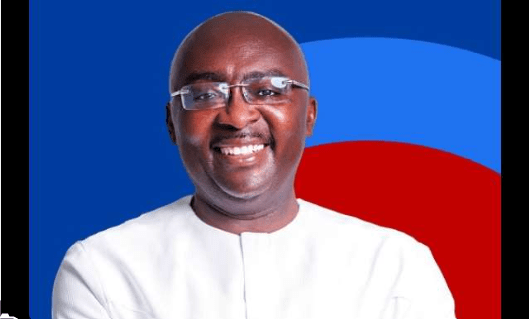
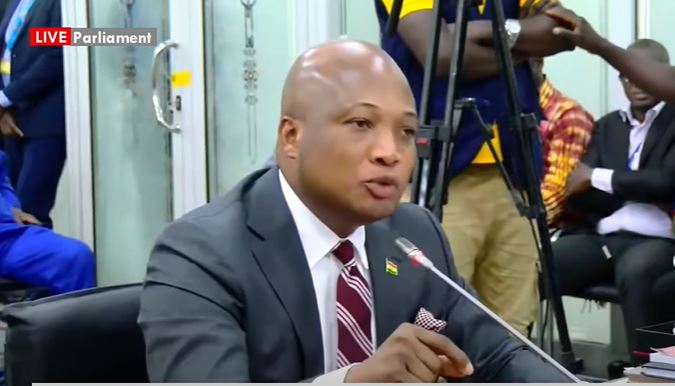

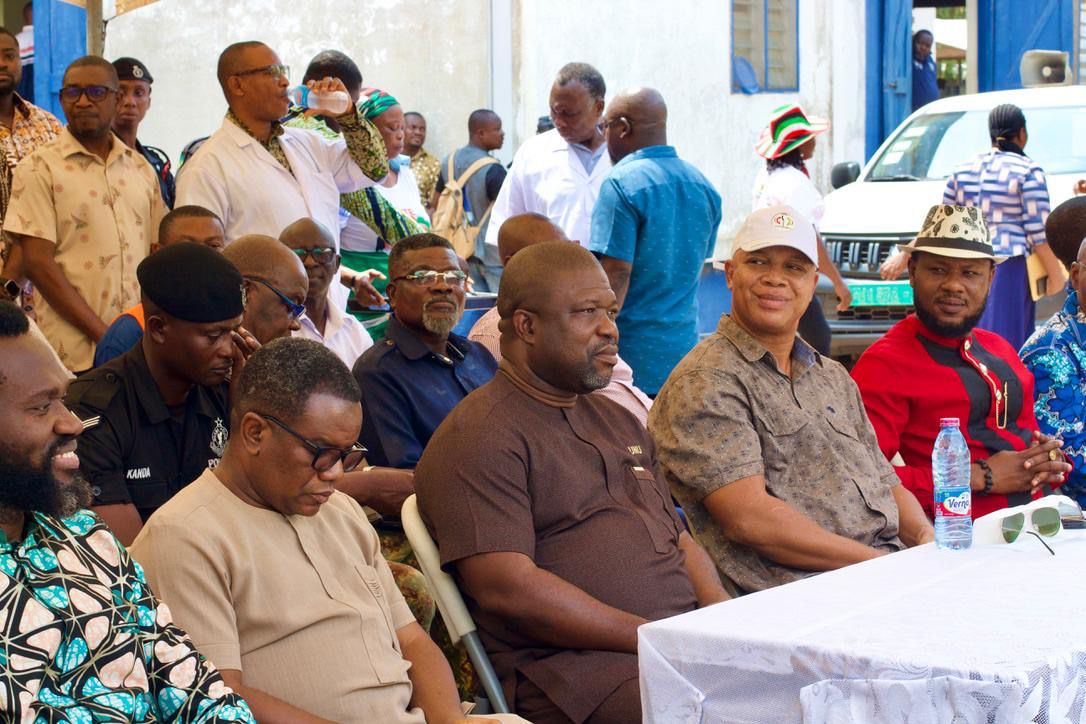
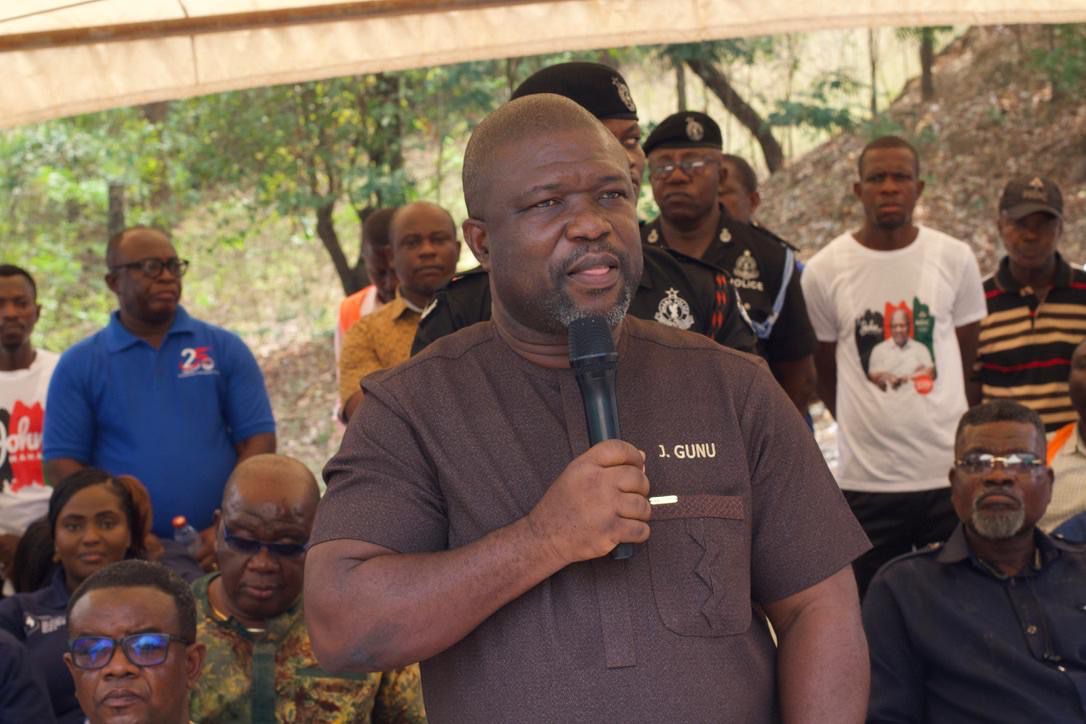
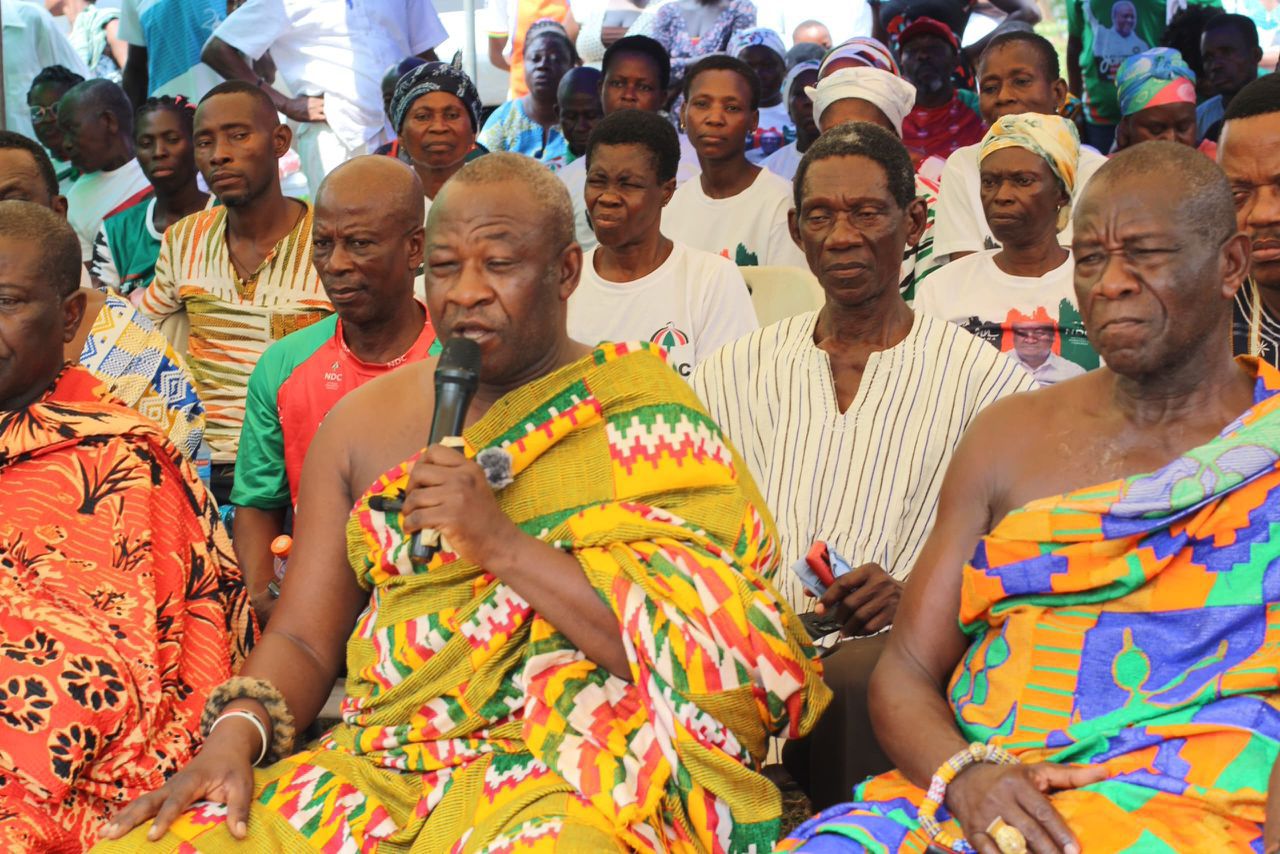
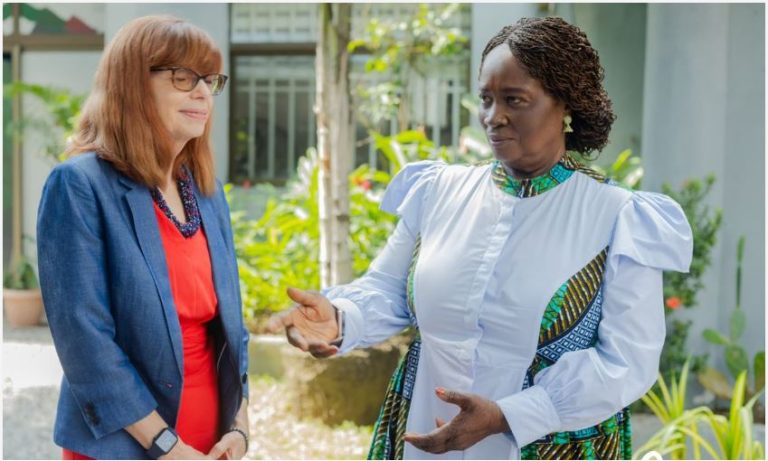


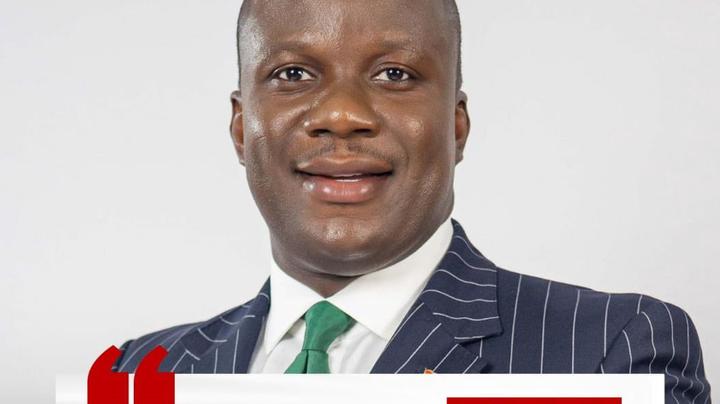



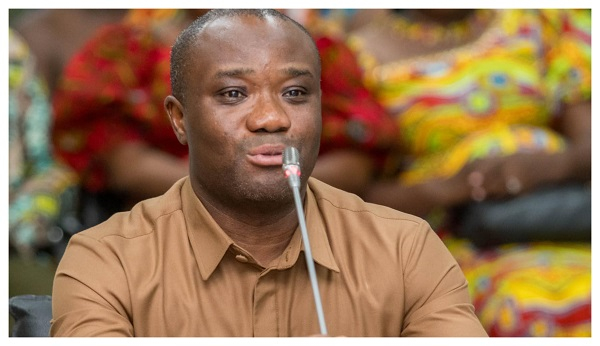
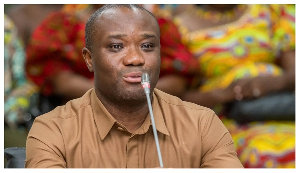
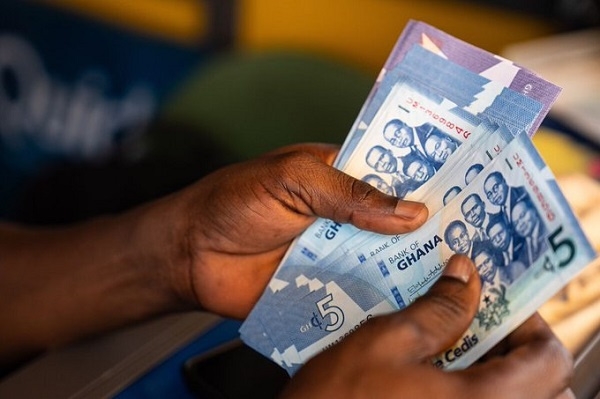
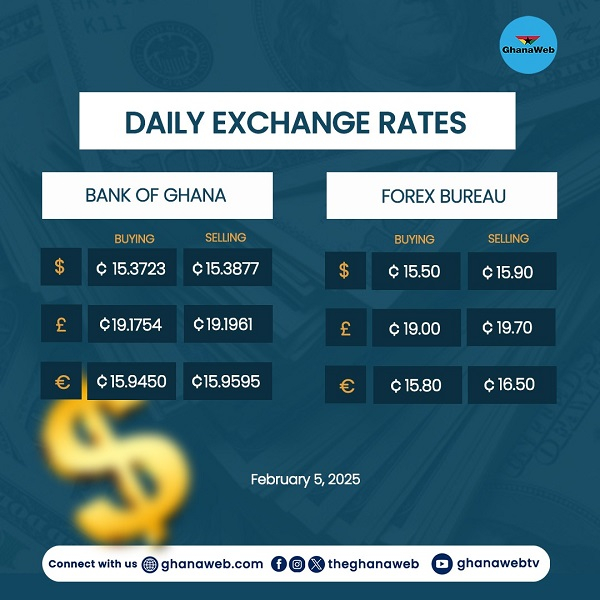

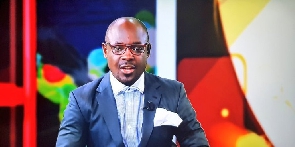
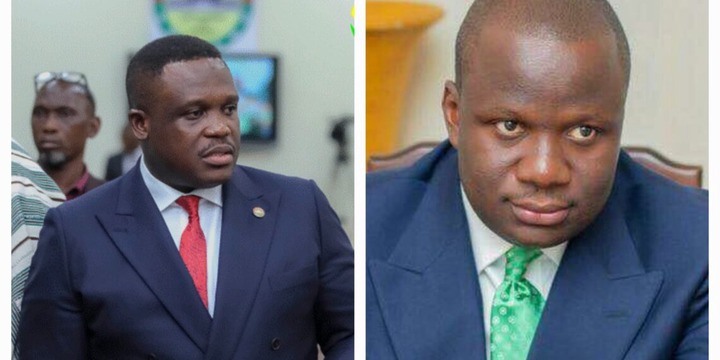





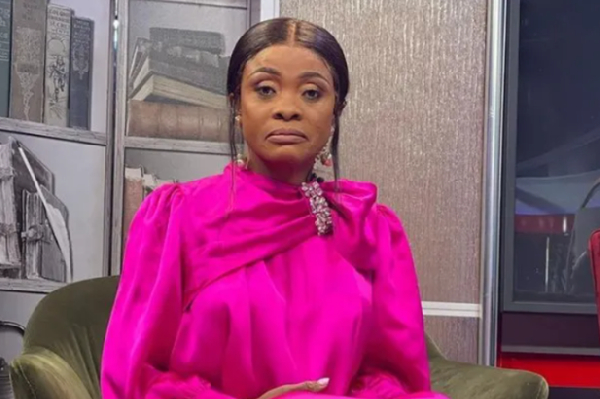


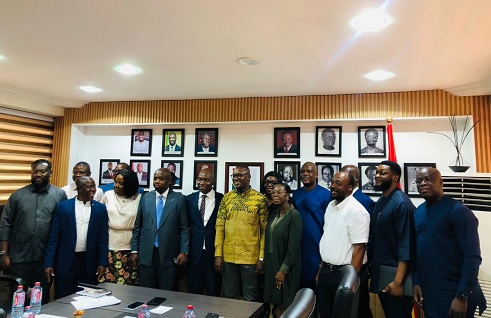
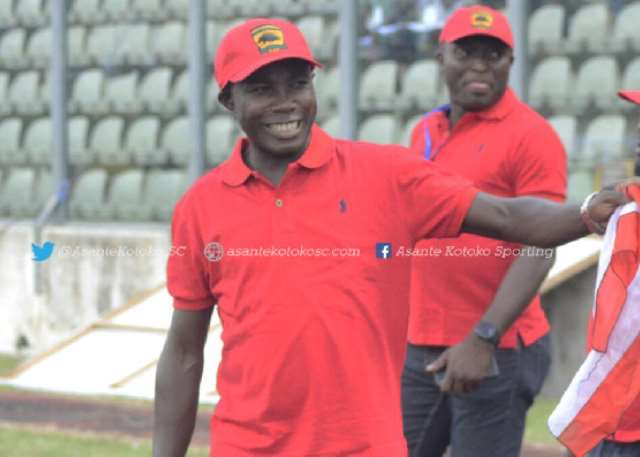
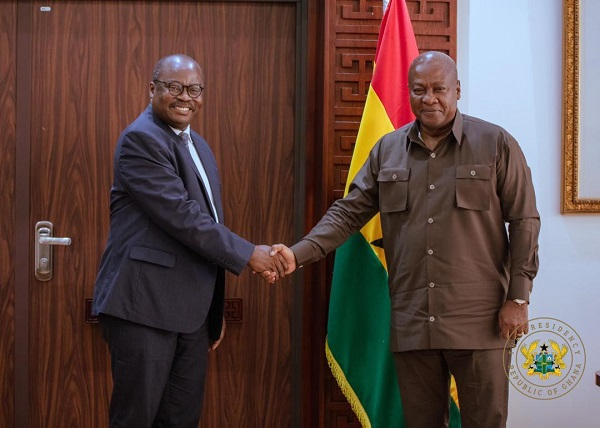
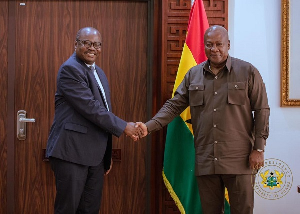
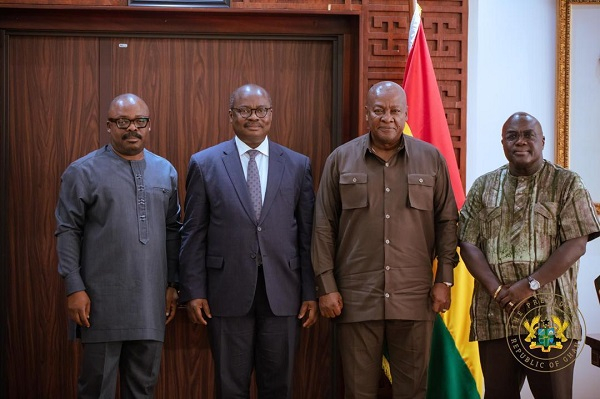
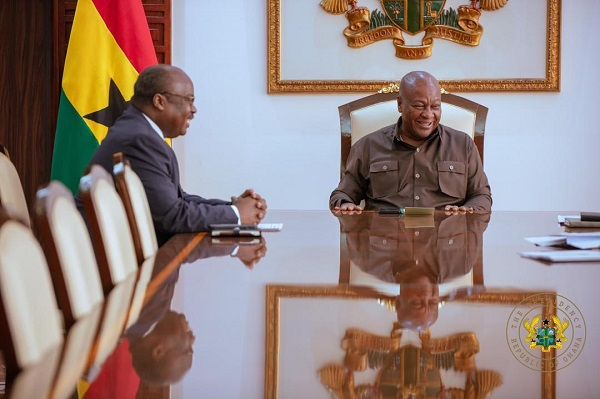
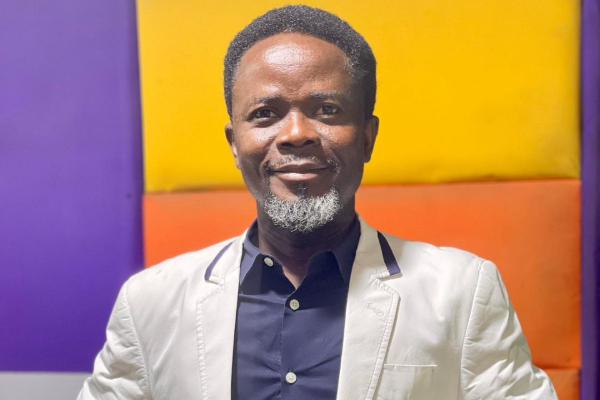

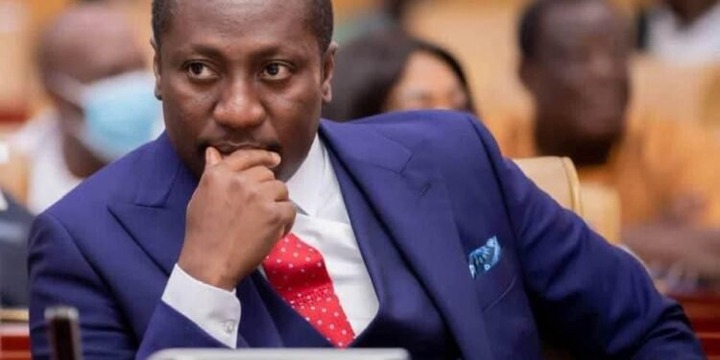
![Can an appointed BoG Governor begin official duties pending confirmation? [Article] Can an appointed BoG Governor begin official duties pending confirmation? [Article]](https://www.ghanamma.com/wp-content/uploads/2025/01/Dr.-Johnson-Pandit-Asiama.jpg)
